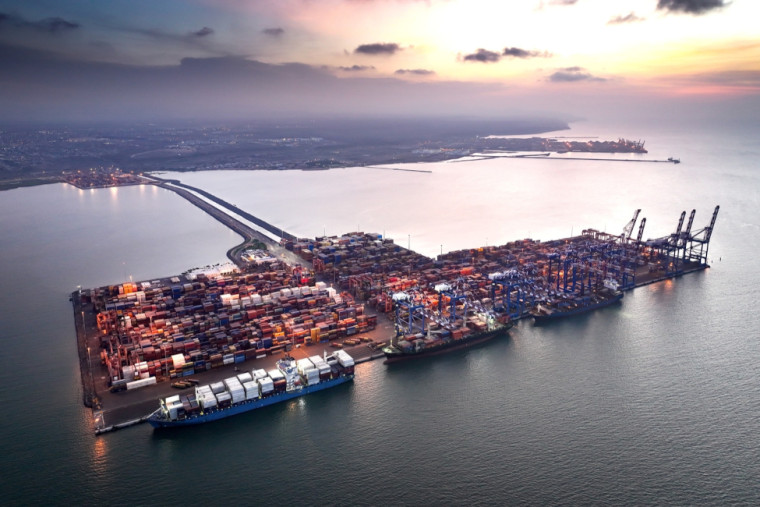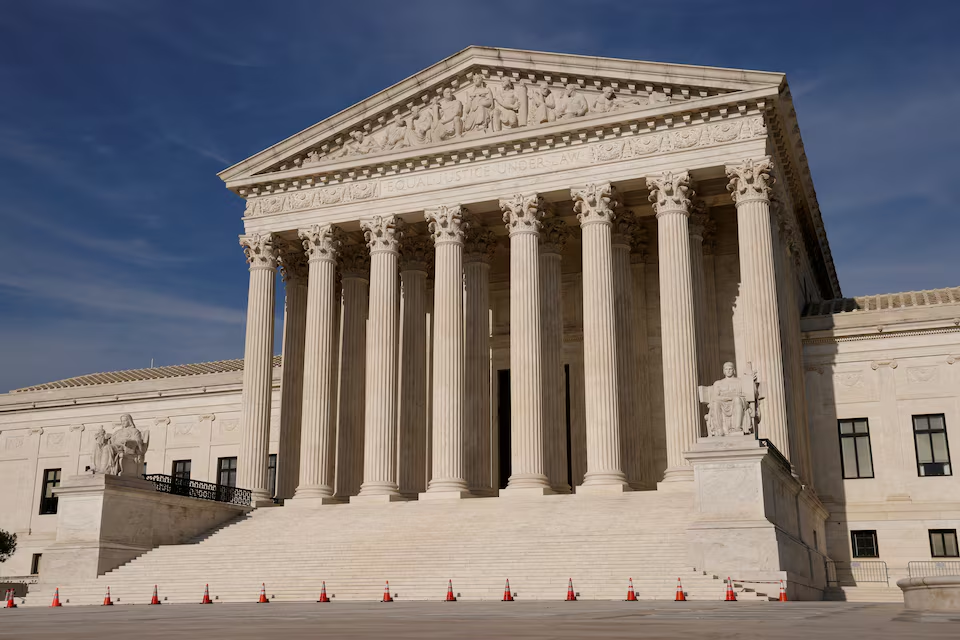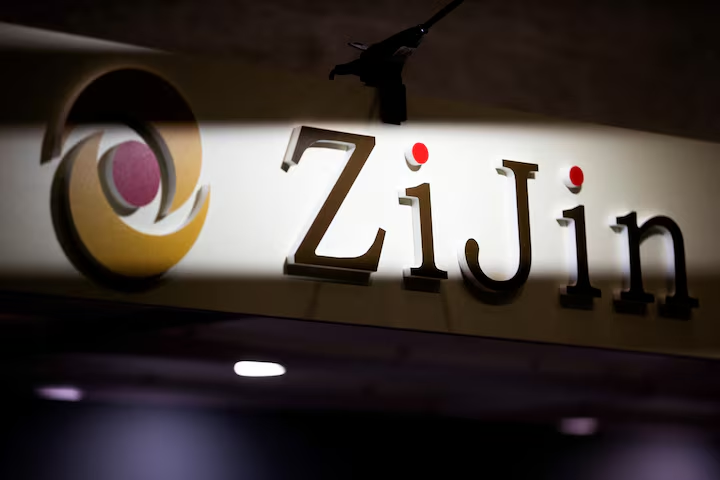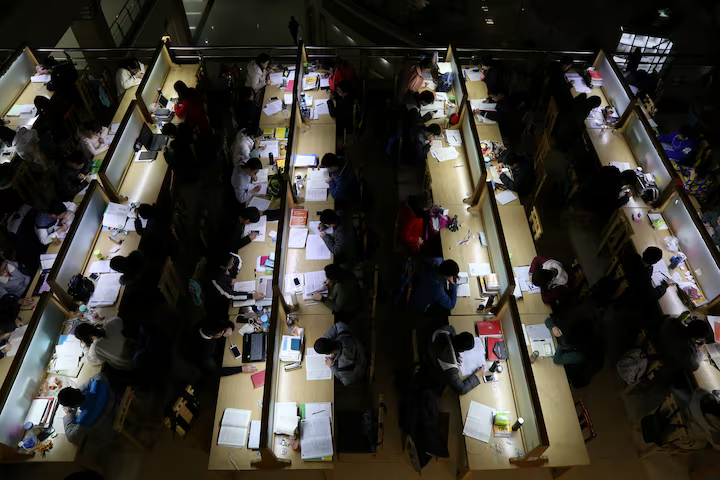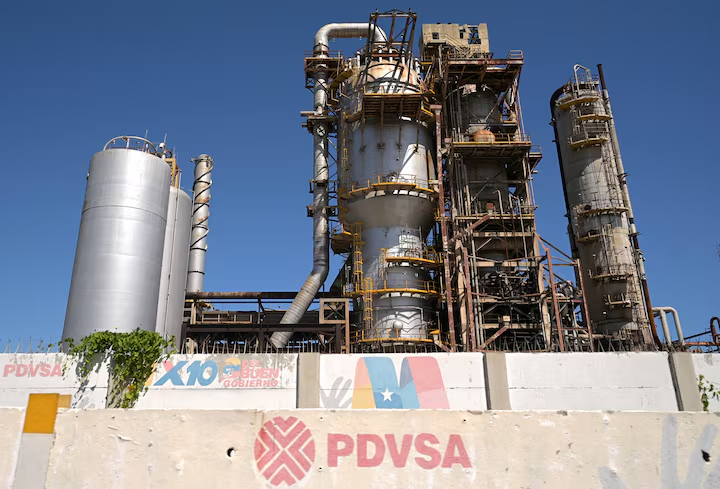The long-running standoff between Dubai-based DP World and the Republic of Djibouti took another turn this week after the London Court of International Arbitration (LCIA) dismissed the company’s latest claim over control of the Doraleh Container Port, one of East Africa’s most strategic maritime assets.
In a ruling dated September 29, arbitrator Maxi Scherer concluded that Port de Djibouti SA (PDSA), the state-owned entity managing the port — could not be held liable for the 2018 government seizure that stripped DP World of its concession. The decision, while technical, underscores how the country’s power dynamics, and Beijing’s growing influence in the Horn of Africa, have reshaped global shipping lanes.
A six-year storm over sovereignty and power
DP World first won the 50-year concession to operate Doraleh in 2006, transforming it into a regional trade hub that linked Africa to the Middle East and Europe. But by 2018, Djibouti’s government abruptly terminated the deal, expelled the Emirati operator, and handed control to China Merchants Port Holdings, a state-owned enterprise in Beijing’s vast Belt and Road network.
The Dubai logistics company immediately turned to arbitration, arguing the move violated international law and investor protections. Since then, DP World has accumulated favorable awards worth roughly USD 685 million, which it is now seeking to enforce in multiple jurisdictions, including a $200 million claim currently before a U.S. federal court.
But this latest LCIA decision marks the first major win for Djibouti since the dispute began. The government hailed the outcome as validation of its “sovereign rights,” while framing DP World’s legal campaign as an act of foreign interference.
“This decision reaffirms the legitimate rights of the Republic of Djibouti,” the government said in a statement, accusing the company of “abusive court proceedings and media pressure.”
A billion-dollar question: who controls the Red Sea gateway?
DP World sees things differently. In a statement to the press, the Emirati giant dismissed the ruling as “at odds with reality,” pointing out that previous tribunals have already found Djibouti’s expropriation unlawful. “This case is about more than DP World — it’s about whether governments can tear up binding contracts and ignore international law without consequence,” a spokesperson said.
Behind the rhetoric lies a deeper geopolitical chessboard. Doraleh sits at the mouth of the Red Sea, a choke point for global trade and energy flows. Djibouti’s partnership with China, which built its first overseas military base there in 2017, has transformed the small nation into a cornerstone of Beijing’s maritime ambitions.
For DP World, the stakes go far beyond one port. The company, owned by Dubai’s ruling family, has poured billions into African infrastructure and operates in more than 70 countries. If Djibouti’s actions stand unchallenged, analysts warn, it could embolden governments elsewhere to renege on commercial deals under the cover of “sovereignty.”
The fight isn’t over
Despite the LCIA setback, DP World still has active arbitrations worth up to USD 1 billion pending against Djibouti’s government and China Merchants. Lawyers from Quinn Emanuel Urquhart & Sullivan, including partners Anthony Sinclair and Ted Greeno, continue to lead the charge.
Legal experts say the latest award narrows the battlefield but doesn’t end it. By holding PDSA blameless, the tribunal effectively redirected the fight toward the state itself, and toward the question of how much protection foreign investors can expect when national interests collide with global capital.
In a world where infrastructure has become both a political weapon and an economic prize, Doraleh is more than just a container terminal. It’s a test case for how far governments can go in rewriting contracts, and how hard investors will fight to hold them accountable.

